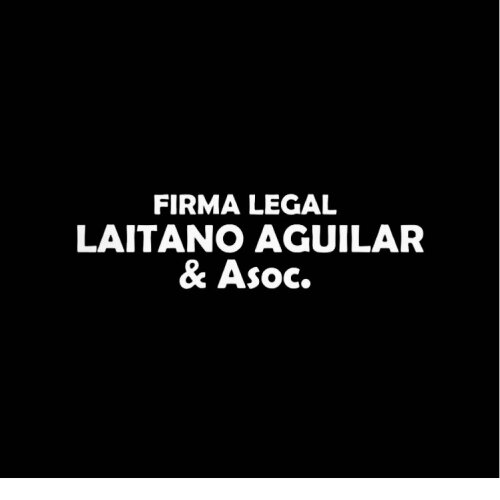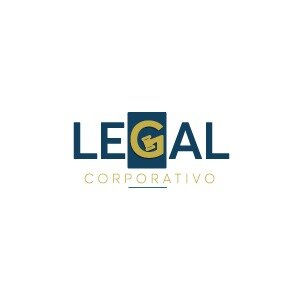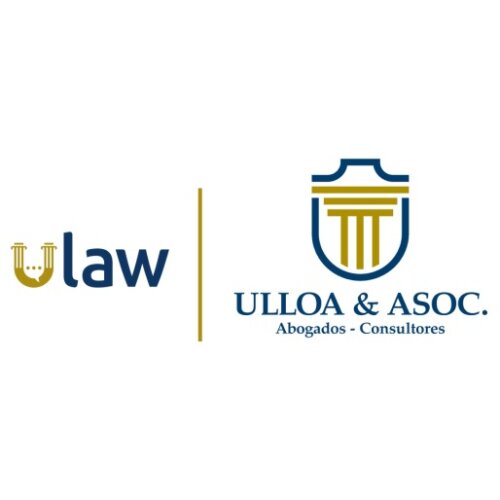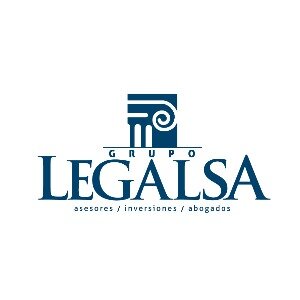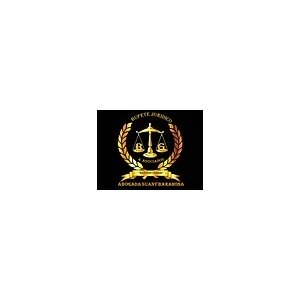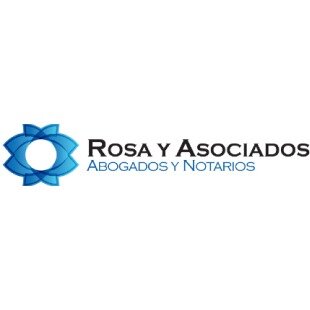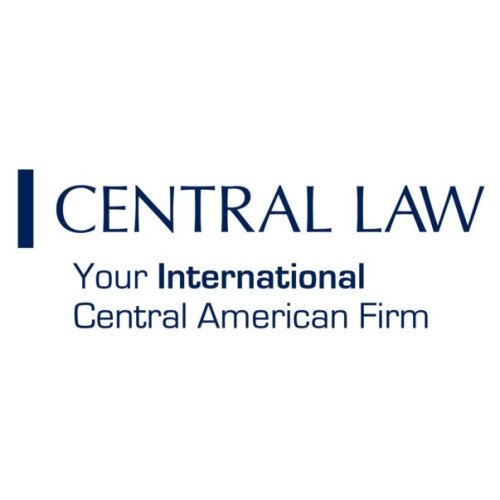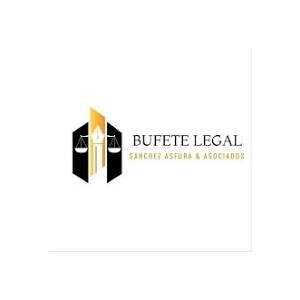Best Energy, Environment & ESG Lawyers in Honduras
Share your needs with us, get contacted by law firms.
Free. Takes 2 min.
Or refine your search by selecting a city:
List of the best lawyers in Honduras
About Energy, Environment & ESG Law in Honduras
Energy, Environment & ESG (Environmental, Social, and Governance) law in Honduras is a rapidly evolving field focused on regulating how businesses, institutions, and individuals interact with the environment, generate and use energy, and meet modern standards for sustainability and responsible corporate governance. Honduras is rich in natural resources such as water, minerals, and forests, making these regulations important in balancing economic development with environmental protection. The global shift toward clean energy and sustainable practices has also influenced local laws, pushing for greater transparency and improved environmental performance from both public and private sectors.
Why You May Need a Lawyer
Several common scenarios may require legal assistance in the field of Energy, Environment & ESG in Honduras. You may be developing an energy project or investing in renewable energy and need help navigating licensing and permits. Businesses often face complex compliance requirements related to environmental protection, waste management, pollution control, and occupational health and safety regulations. Landowners or community groups might need legal advice if a new project impacts their land, water resources, or quality of life. Investors and companies increasingly seek guidance on ESG standards to meet international expectations and attract funding. Additionally, disputes with regulatory authorities or other third parties can arise, necessitating strong legal representation to protect your interests.
Local Laws Overview
Honduras has established a legal framework that governs energy production and use, environmental protection, and ESG compliance. Key legislation includes the General Environmental Law, which outlines environmental impact assessment procedures, conservation policies, and pollution controls. The Electricity Law addresses energy generation, grid access, tariffs, and incentives for renewable energy investments. Specialized laws regulate forestry, mining, and water use, and there are decrees related to hazardous waste management and emissions standards. ESG considerations are increasingly important as financial regulators and trade partners demand disclosure of environmental and social risks, diversity practices, anti-corruption measures, and transparent corporate governance. Compliance with these laws is overseen by authorities such as the Secretariat of Natural Resources and Environment (MiAmbiente) and the National Energy Commission (CNE).
Frequently Asked Questions
What types of energy projects are common in Honduras, and how are they regulated?
Honduras has developed hydropower, solar, wind, and biomass projects in addition to traditional oil and gas. Each type is subject to permitting, environmental assessments, and compliance with national and municipal regulations.
Do I need an environmental license to start a new project?
Most development, industrial, or energy projects require an environmental license from the Secretariat of Natural Resources and Environment (MiAmbiente). The specific permits needed depend on the project's size and potential environmental impact.
How does the Environmental Impact Assessment (EIA) process work?
An EIA evaluates the potential environmental effects of a proposed project. You must submit detailed documentation and mitigation plans, undergo public consultations, and obtain approval before proceeding.
What are the main ESG requirements for businesses in Honduras?
Businesses are increasingly required to disclose policies and practices in areas such as environmental performance, labor rights, anti-corruption, and community engagement. These expectations may be set by international investors, regulators, or within industry standards.
Are there incentives for renewable energy investments?
Yes, the Honduran government provides tax breaks, reduced import duties, and favorable power purchase agreements to encourage investment in renewable energy projects.
How can local communities participate in energy and environmental decision-making?
Honduran law mandates public consultations for many energy and environmental projects, particularly if they may affect local or indigenous communities.
What happens if a company fails to comply with environmental regulations?
Non-compliance can lead to administrative penalties, fines, suspension of operations, or even criminal prosecution depending on the severity of the violation.
Who oversees enforcement of energy and environmental regulations?
The Secretariat of Natural Resources and Environment (MiAmbiente) and the National Energy Commission (CNE) are the main regulatory bodies overseeing compliance and enforcement of these laws.
Can foreign companies invest in the energy sector in Honduras?
Yes, foreign investment is permitted in the energy sector, subject to compliance with local laws and applicable licensing and environmental requirements.
How does ESG influence access to financing in Honduras?
Financial institutions, especially international lenders, may require strong ESG policies and reporting as a condition for funding. Meeting these standards can improve access to capital markets and attract more favorable financing terms.
Additional Resources
For more information or assistance, you may refer to the following organizations and governmental bodies:
- Secretariat of Natural Resources and Environment (MiAmbiente)
- National Energy Commission (CNE)
- Ministry of Investment Promotion
- Honduran Association of Renewable Energy Producers (AHER)
- Chamber of Commerce and Industry of Tegucigalpa
- Local bar associations and legal aid organizations specializing in environmental and energy law
- International and local NGOs working on environmental protection and sustainable development
Next Steps
If you need legal advice or representation in the area of Energy, Environment & ESG in Honduras, start by gathering all relevant documents related to your project, business, or legal concern. Make a list of specific questions or issues you want to address. Reach out to a qualified Honduran lawyer or law firm with experience in energy, environmental, or ESG matters. Be prepared to discuss the details of your situation and any deadlines or risks you may face. An attorney can help you understand your rights and responsibilities under local and international law, guide you through the permitting and compliance process, and represent you before regulatory authorities or in negotiations. Early legal guidance can prevent complications and ensure your interests are protected.
Lawzana helps you find the best lawyers and law firms in Honduras through a curated and pre-screened list of qualified legal professionals. Our platform offers rankings and detailed profiles of attorneys and law firms, allowing you to compare based on practice areas, including Energy, Environment & ESG, experience, and client feedback.
Each profile includes a description of the firm's areas of practice, client reviews, team members and partners, year of establishment, spoken languages, office locations, contact information, social media presence, and any published articles or resources. Most firms on our platform speak English and are experienced in both local and international legal matters.
Get a quote from top-rated law firms in Honduras — quickly, securely, and without unnecessary hassle.
Disclaimer:
The information provided on this page is for general informational purposes only and does not constitute legal advice. While we strive to ensure the accuracy and relevance of the content, legal information may change over time, and interpretations of the law can vary. You should always consult with a qualified legal professional for advice specific to your situation.
We disclaim all liability for actions taken or not taken based on the content of this page. If you believe any information is incorrect or outdated, please contact us, and we will review and update it where appropriate.
Browse energy, environment & esg law firms by service in Honduras
Honduras Attorneys in related practice areas.
Browse energy, environment & esg law firms by city in Honduras
Refine your search by selecting a city.



